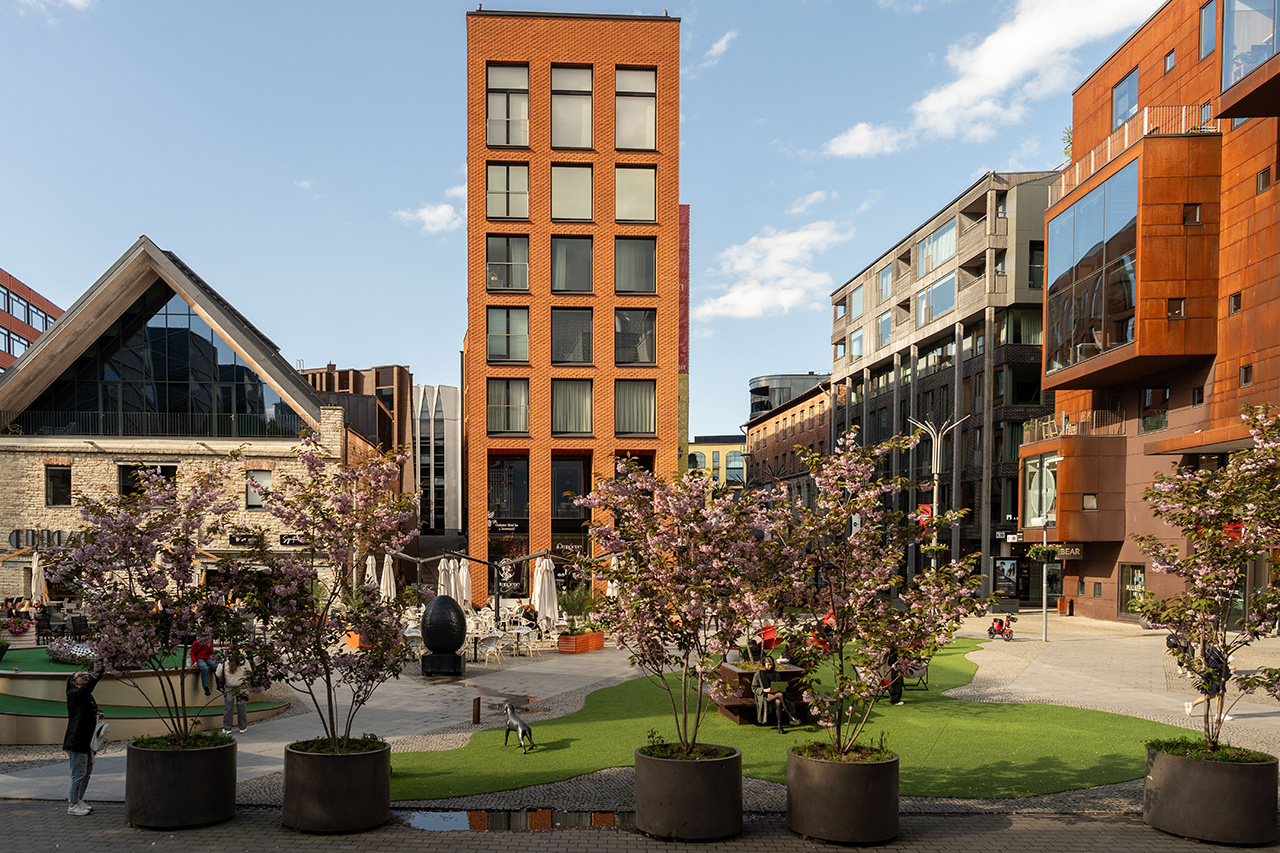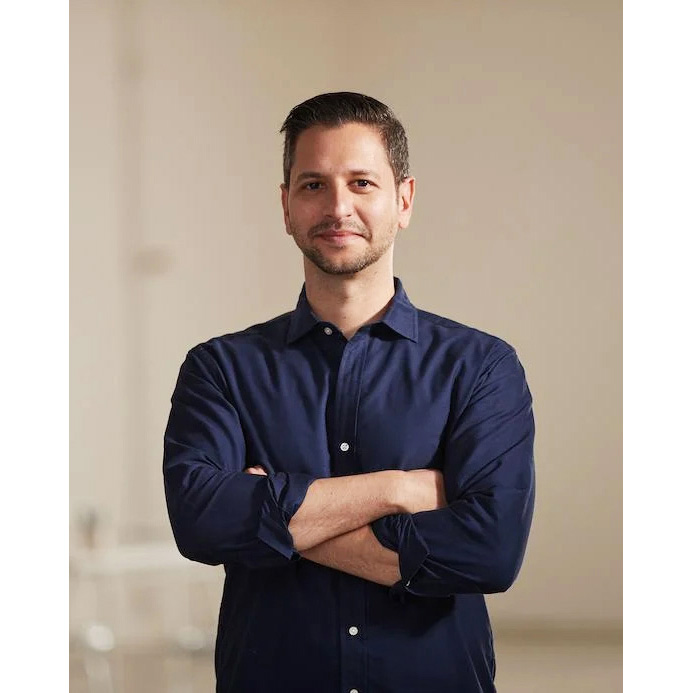Why we should follow the rules less, the best city for start-ups and Archer Aviation CEO Adam Goldstein.
|
Monday 23/6/25
|

|
|
London
Paris
Zürich
Milan
Bangkok
Tokyo
Toronto
|
|
|
|

Good morning from Midori House. For more news and views, visit monocle.com or tune in to Monocle Radio. Here’s what’s coming up in today’s special edition of The Monocle Minute:
THE OPINION: US bombings of Iran are not an Iraq rerun
BEST FOR START UPS: Tallinn tops the rankings for business
FROM MONOCLE.COM: Why we should be more Milanese
Q&A: Archer Aviation CEO, Adam Goldstein
|
|
Any objections? US bombings on Iran were strategic even if reactive
By Andrew Mueller
|

|
In the US and elsewhere, those aggrieved by US action against Iran this weekend have fallen predictably back on comparisons with the events of 2003, when the US and its allies invaded Iraq.
Twenty-two years ago the US justified this drastic action with the prospect of a rogue regime developing weapons of mass destruction, along with the vague notion that toppling said tyranny would usher in a new dawn of peace and democracy, not only in the country on the receiving end but across the wider Middle Eastern region. The weapons turned out not to exist, while peace and democracy remain works in progress: Iraq might now be a broadly better place than it was under Saddam Hussein but that is a low bar cleared at horrendous cost, most of it borne by Iraq’s people.
But while there might well be reasonable grounds for protesting the decision by Donald Trump to join Israel’s assault on Iran’s nuclear – and other – facilities, they are not to be found anywhere in Iraq. Iraq is not Iran and then is not now.

Mission accomplished? Trump delivers an address from the White House early Sunday. Image: Carlos Barria/Getty Images
For a start, nobody is suggesting that the US or its allies mount a full-scale invasion of Iran. But the threat posed by the country is – and has been for decades – substantially less imaginary than that ever posed by Hussein’s Iraq. Iran has long operated and facilitated a network of baneful proxies across the Middle East, greatly to the detriment of the people of Syria, Lebanon, Iraq and Yemen. Iran has also officially pledged itself, time and again, to the destruction of a fellow member of the United Nations, Israel, a country entitled – if not obliged – by history to take such threats seriously.
One does not need to be especially twitchy to dislike the idea of all of the above underpinned by the power to deliver cataclysm, and in June, the International Atomic Energy Agency (IAEA) – not a noted coterie of yee-hawing warmongers – declared Iran in breach of non-proliferation obligations, in enriching uranium far beyond what is necessary for civilian power generation. The IAEA estimated that Iran was close to having enough weapons-grade uranium to make nine nuclear bombs.
The anger from some Democrats that Trump has not sought Congressional approval for these raids is performative. There is a probably unresolvable glitch in the American system, to the effect that while the power to declare war theoretically does belong to Congress, the president is the commander in chief.
At this early stage, Trump’s decision looks more opportunist than strategic. The US president appears to have calculated that with Israel having started operations against Iran’s nuclear apparatus, the US could finish the job. He further seems to believe – and correctly – that Iran is in a weaker position than it has been for many years. Its proxies Hezbollah, Hamas and the Houthis are substantially withered; its former puppet Bashar al-Assad is banished. The Iranian regime also fears the frustrations of that (large) portion of its own population that would prefer the nation to be, as it could and should be, a prosperous and marvellous modern state, as opposed to a bankrupt and ossified theocracy. Iran’s options for retaliation, whatever apocalyptic threats that it utters, are limited.
Trump could certainly have banked that, whatever pro forma diplomatic harrumphing is being emitted from some quarters, nobody is really much upset by Iran’s nuclear ambitions being curtailed. While Iran has had clients and vassals, it has no friends. Even Russia and China, Iran’s current sort-of allies of convenience, were signatories to the Joint Comprehensive Plan of Action – the deal brokered by the Obama administration that limited Iran’s uranium enrichment before Trump flounced from it during his first term.
As is always a possibility where Trump is concerned, he might just be acting on inchoate impulse – and his instincts, it is fair to say, have been short of 100 per cent reliable before now. But any serious objection to the action taken by the US this weekend – and Israel in recent days – has to acknowledge what an Iranian bomb would mean – or, perhaps, would have meant.
|
|
The university of warwick  MONOCLE MONOCLE
|
|
BEST FOR START UPS: Tallinn
Estonia’s capital is the smart choice for founders in search of a city where ideas travel fast
Monocle’s Quality of Life Survey is out now in our July/August issue and online. But we’ve done things a little differently this year. Rather than create a top-20 ranking of the world’s best overall metropolises, we have decided to award 10 cities across just as many categories, including one all-rounder. Here’s our pick of the city where innovation makes it a safe bet for budding entrepreneurs.

Open for business: Tallinn
The Estonian capital is well known for its leafy streets, medieval architecture and raucous nightlife – but it’s increasingly gaining a reputation for its close-knit entrepreneurial network and world-leading digital infrastructure. This is aided by the fact that nearly everyone speaks English, rents are affordable and it’s a mere 10-minute drive from downtown to Tallinn airport, which has direct flights to 60 international destinations. Throw into the mix Europe’s highest number of unicorns (non-private start-ups valued at more than $1bn [€868m]) per capita, a dense network of venture-capital firms and a steady pipeline of technology talent, and Monocle’s 2025 Best for Start-Ups award feels like a shoo-in.
“Estonia is particularly good for digital infrastructure,” says Martin Sahlen, who moved from New York to Tallinn to launch fintech business Alvin.ai. “It’s a very entrepreneurial country and there is less red tape.” He set up his company in the district of Telliskivi, the epicentre of Tallinn’s vibrant start-up scene, where co-working spaces such as Lift99 sit alongside excellent and affordable restaurants and bars, such as Pudel and Juniperium, and a growing number of museums and cultural venues, including Fotografiska.
To read the full report, click here. Hint: Agile digital schemes, savvy international founders and Nordic-style liveability all make Tallinn a haven for business.
|
|
We should follow the rules less – our quality of life depends on it
A great city is one that doesn’t over-nanny its citizens – and even lets them get away with minor infractions, as long as they know how to take care of the serious stuff (writes Ed Stocker). It’s the sign of a place that isn’t too tightly buckled and allows its people to get on with life.

As someone who resides in Milan and enjoys the national sport of rule-bending that takes place in Italy, I’m campaigning for “colouring outside the lines” to be given consideration in our next ranking of the world’s most liveable cities. Milan featured in Monocle’s 2024 Quality of Life Survey but didn’t make the cut this year. Of course, you can’t please every metropolis, and each year people write to us to make a claim for why their home warrants inclusion. The case that I wish to make on the Lombard capital’s behalf? Milan deserves to be included for one vital quality of life metric: the freedom that it gives its residents to, well, just be.
How does Milan’s liberal parking rules and flouting of a supposed smoking ban help it to thrive? The full version of this story first appeared on monocle.com. Click here to read on. Or if you want more ways to enjoy Milan, visit our City Guide.
|
|
Q&A: UAE
Meet the man who reckons that air taxis have finally arrived
The hype around airborne taxis has long outpaced the hardware. But Archer Aviation, a Silicon Valley Evtol (electric vertical take-off and landing) start-up, believes that it’s primed for takeoff. The plan is for its four-seater, Midnight, to launch in the UAE in December. Its aim? To eventually run approximately 20-minute hops between Dubai and Abu Dhabi. Adam Goldstein, CEO and founder of Archer Aviation, tells us more.

Flying taxis have been in the works for years but haven’t shown up. Is Archer different?
The technology’s ready now. Tesla led a revolution in battery tech that’s made its way into aviation. Governments are working with industry to shape aircraft standards and real capital is coming in.
Why the UAE and not the US?
From Abu Dhabi Investment Office, Mubadala Investment Company and Etihad Airways to the regulatory authorities, everyone in the UAE said, “We want to make this happen.” It is more agile and ambitious. And it’s our gateway to the Gulf, India and Asia more broadly.
The Midnight seats four, as well as a pilot. Will it work as public transport?
We’re looking at $200 (€175) for an approximately 20-minute flight but as we scale, that number comes down. We want the price to be closer to that of an Uber Black.
What about military use?
We’re building an autonomous hybrid VTOL aircraft that can carry significant payloads for surveillance, logistics and tactical mobility together with [US defence start-up] Anduril.
|
|
| | |